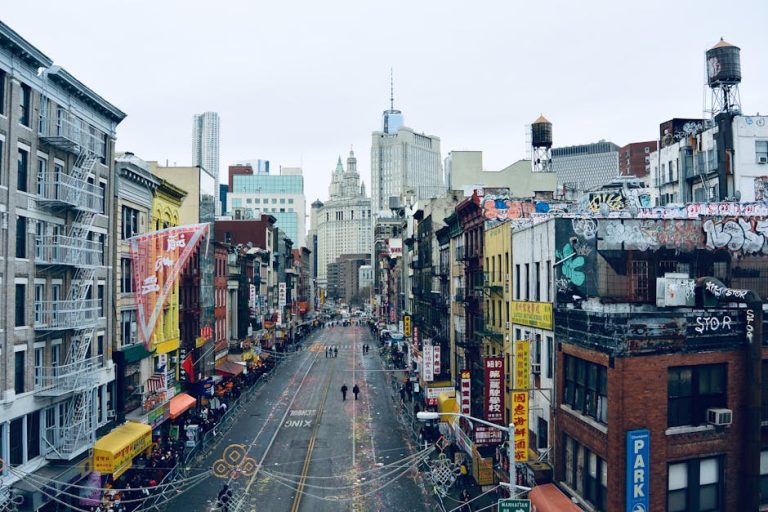The Economic Impact of Football in Manchester
Manchester is a city globally renowned not only for its rich industrial history but also for its passionate football culture. The presence of two iconic football clubs—Manchester United and Manchester City—has significantly contributed to the city’s economy. In this blog post, we explore the various dimensions of the economic impact of football in Manchester, from employment opportunities to tourism and local business growth.
The Historical Significance of Football in Manchester
Football has been an integral part of Manchester’s cultural and economic fabric since the late 19th century. The success of Manchester United and Manchester City has not only brought international attention to the city but has also played a crucial role in its economic development. Football is more than just a sport in Manchester; it is a thriving industry that fuels economic growth and community spirit.
Employment Opportunities
One of the most significant ways football impacts Manchester’s economy is through job creation. The football industry provides thousands of jobs, ranging from stadium staff and security personnel to marketing executives and merchandising staff. According to recent statistics, Manchester United and Manchester City collectively support over 10,000 jobs directly and indirectly in the region.
Direct Employment
Direct employment includes jobs that are directly related to the football clubs, such as players, coaches, administrative staff, and operations personnel. These positions are crucial in ensuring the day-to-day functioning of the clubs and contribute significantly to the local economy.
Indirect Employment
Indirect employment encompasses jobs created in sectors that support football activities, such as hospitality, transportation, and retail. On match days, local businesses experience a surge in demand, necessitating additional staff to cater to the influx of fans and tourists.
Boost to Tourism
Football tourism is a major contributor to Manchester’s economy. Thousands of fans from around the world flock to the city each year to watch matches and experience the vibrant football culture. This influx of visitors translates to increased revenue for hotels, restaurants, and local attractions.
Match Day Tourism
Match days are particularly lucrative for the city’s economy. A study revealed that an average match day generates £3 million in economic activity for Manchester, benefiting various sectors, including hospitality and transportation.
Non-Match Day Tourism
Beyond match days, football-related attractions such as stadium tours and club museums attract tourists year-round. These attractions provide an additional revenue stream for the city, diversifying its tourism portfolio.
Impact on Local Businesses
Local businesses in Manchester thrive on the back of the football industry. From bars and restaurants to souvenir shops, businesses benefit from the increased foot traffic generated by football events.
Retail and Merchandise
Football merchandise is a lucrative market, with fans eager to purchase team jerseys, scarves, and memorabilia. Local retailers capitalize on this demand by stocking official merchandise, thereby boosting their sales.
Hospitality Sector
The hospitality sector experiences a significant uptick in business, especially on match days. Restaurants and pubs often see a surge in customers, with fans gathering to celebrate victories or commiserate losses. This increased patronage supports the growth of local businesses and contributes to the overall economic health of the city.
Infrastructure Development
Football has also played a pivotal role in infrastructure development in Manchester. Investments in stadiums and training facilities have not only enhanced the sporting landscape but have also improved the city’s overall infrastructure.
Stadium Investments
The development and expansion of stadiums like Old Trafford and the Etihad Stadium have necessitated significant financial investments, which have contributed to job creation and economic growth in the construction sector.
Community Projects
Both Manchester United and Manchester City engage in community projects that aim to improve local infrastructure and provide educational and recreational opportunities for residents. These projects enhance the quality of life in Manchester and demonstrate the clubs’ commitment to giving back to the community.
Conclusion
The economic impact of football in Manchester is profound and multifaceted. It fuels job creation, boosts tourism, supports local businesses, and drives infrastructure development. As football continues to grow in popularity globally, Manchester stands to benefit even further from its association with this beloved sport. For residents and visitors alike, the city’s football culture is a source of pride and economic prosperity.
To leverage these opportunities, stakeholders in Manchester can focus on enhancing the fan experience, promoting football tourism, and investing in sustainable infrastructure projects that benefit both the clubs and the community. By doing so, Manchester can ensure that football remains a driving force in its economic landscape for years to come.




